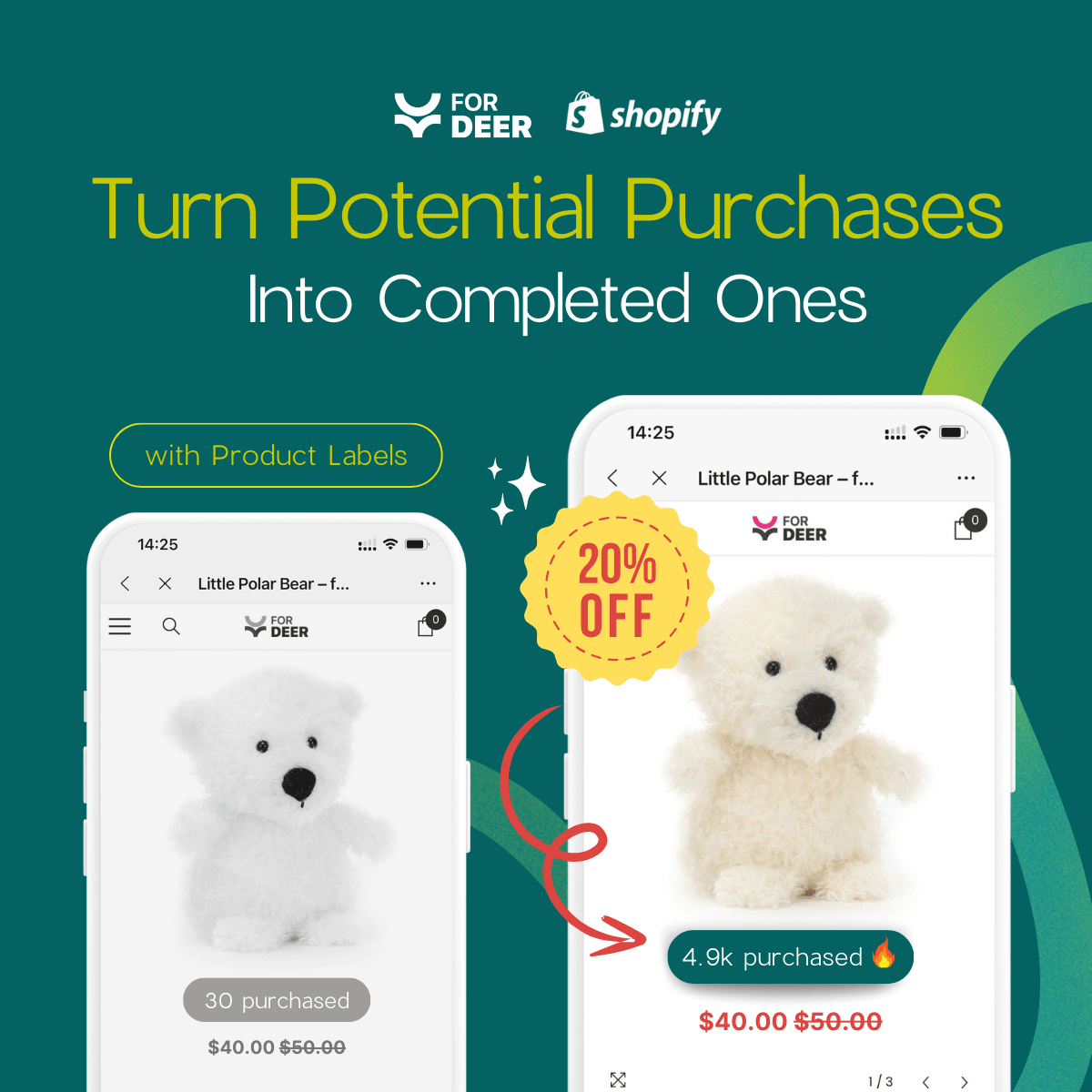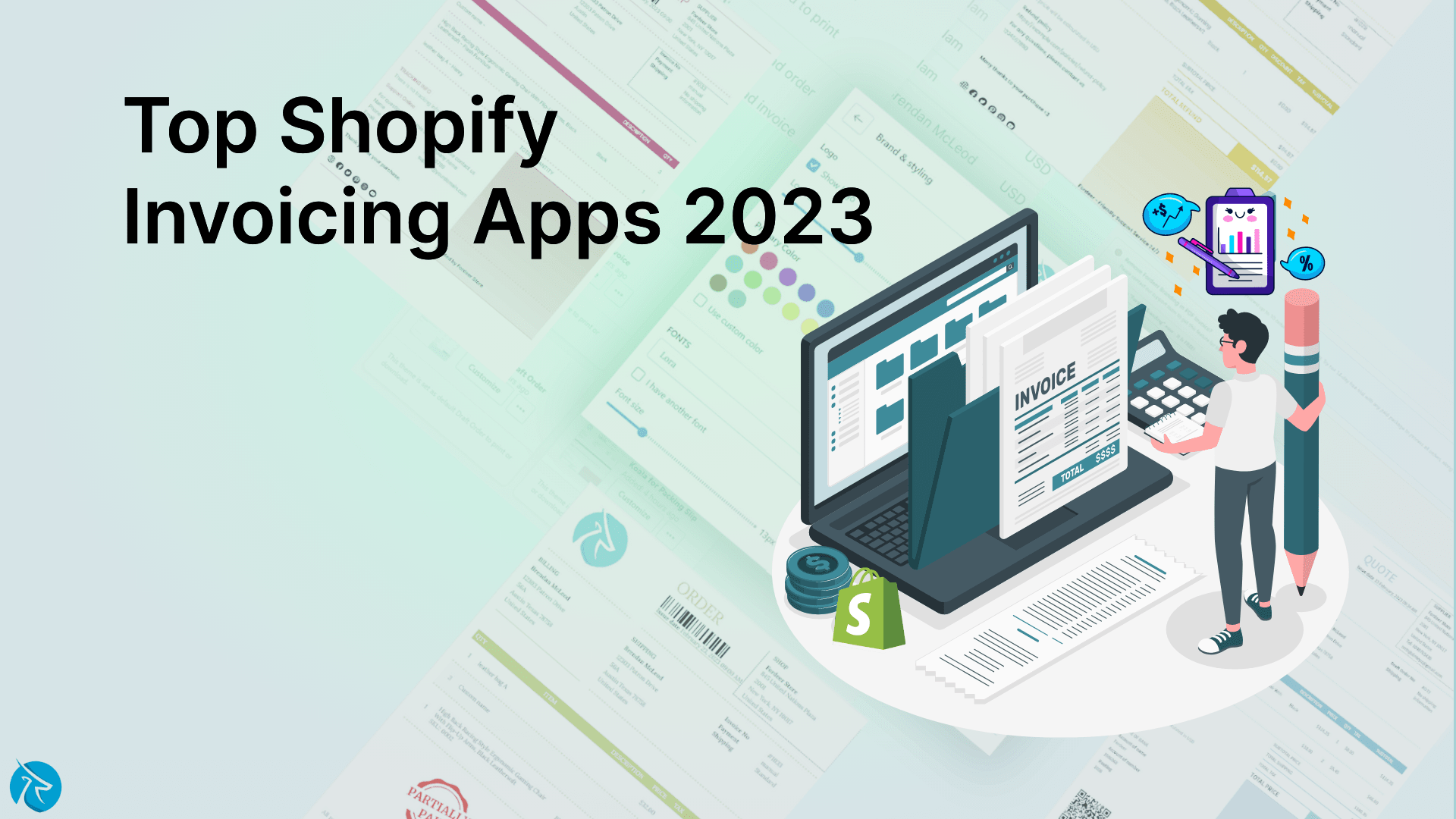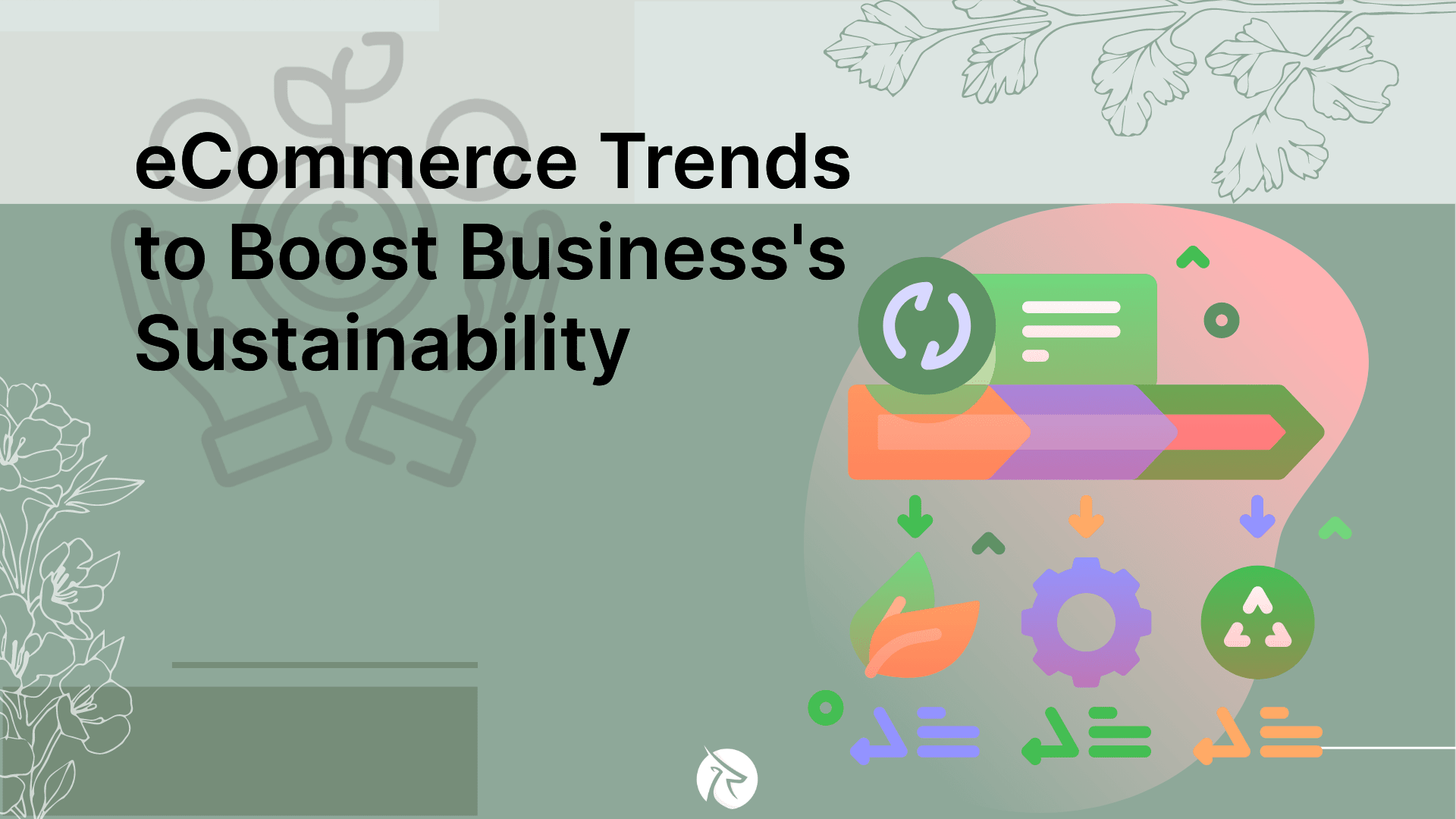The Comprehensive Guide to Event Marketing 2024
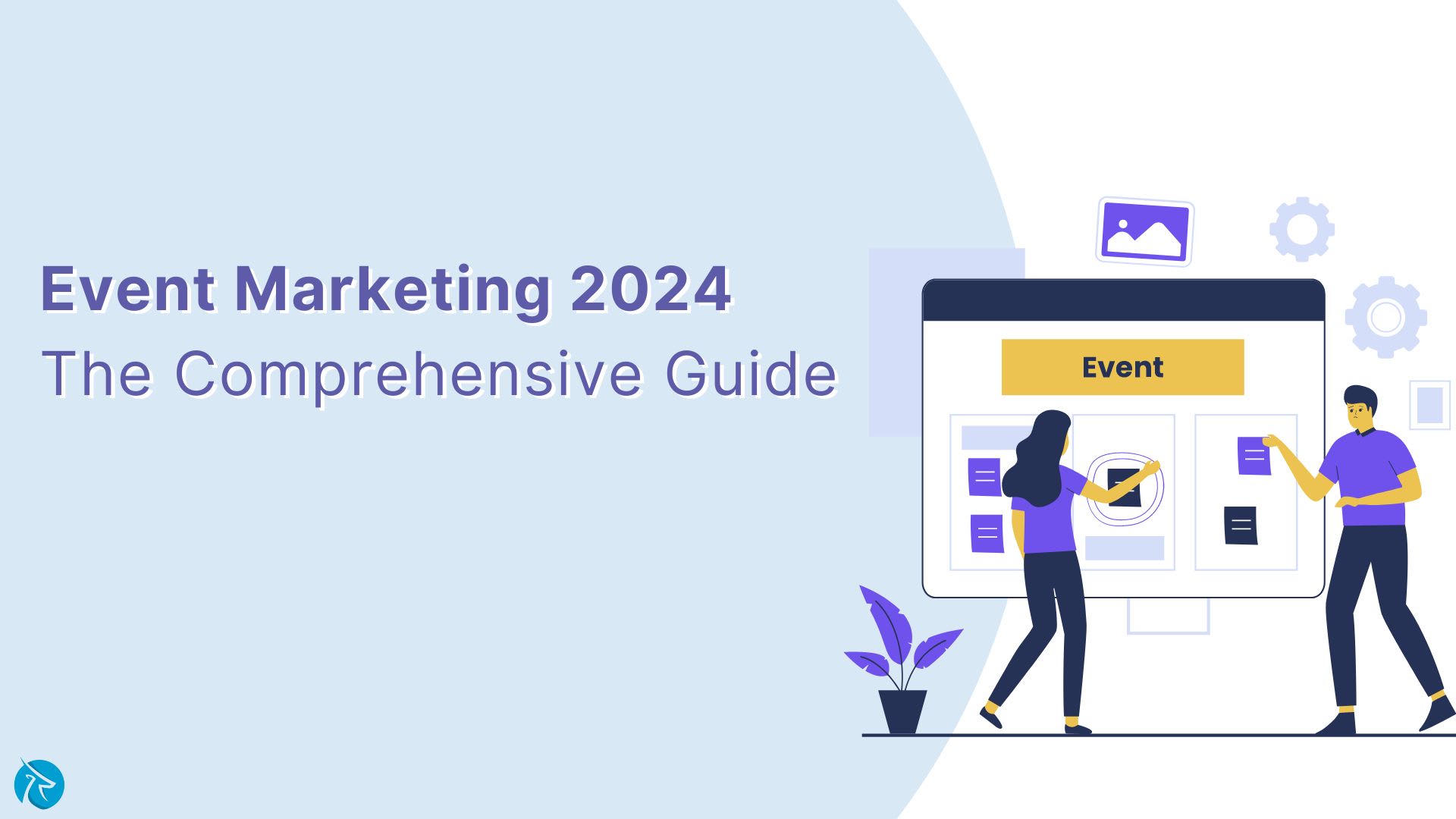
Event marketing is a powerful tool for businesses looking to enhance their brand visibility, engage with their target audience, and drive conversions. In this comprehensive guide, Fordeer will delve into the key aspects of event marketing, providing you with a roadmap to plan, execute, and optimize successful events that leave a lasting impact on your audience.
Understanding Event Marketing
Definition and importance of event marketing
Event marketing is a strategic promotional approach that involves the planning, execution, and promotion of events to achieve specific business objectives. These events can take various forms, including conferences, trade shows, seminars, webinars, product launches, and more. The primary goal of event marketing is to create immersive experiences that engage target audiences, enhance brand visibility, and foster meaningful connections between businesses and their customers or stakeholders.
Event marketing serves many purposes, and nobody can deny the importance of event marketing. Here are some key features of event marketing:
Brand visibility and recognition
Events provide a platform for businesses to showcase their brand personality, values, and products/services to a targeted audience. This visibility helps in building brand recognition and establishing a strong presence in the market.
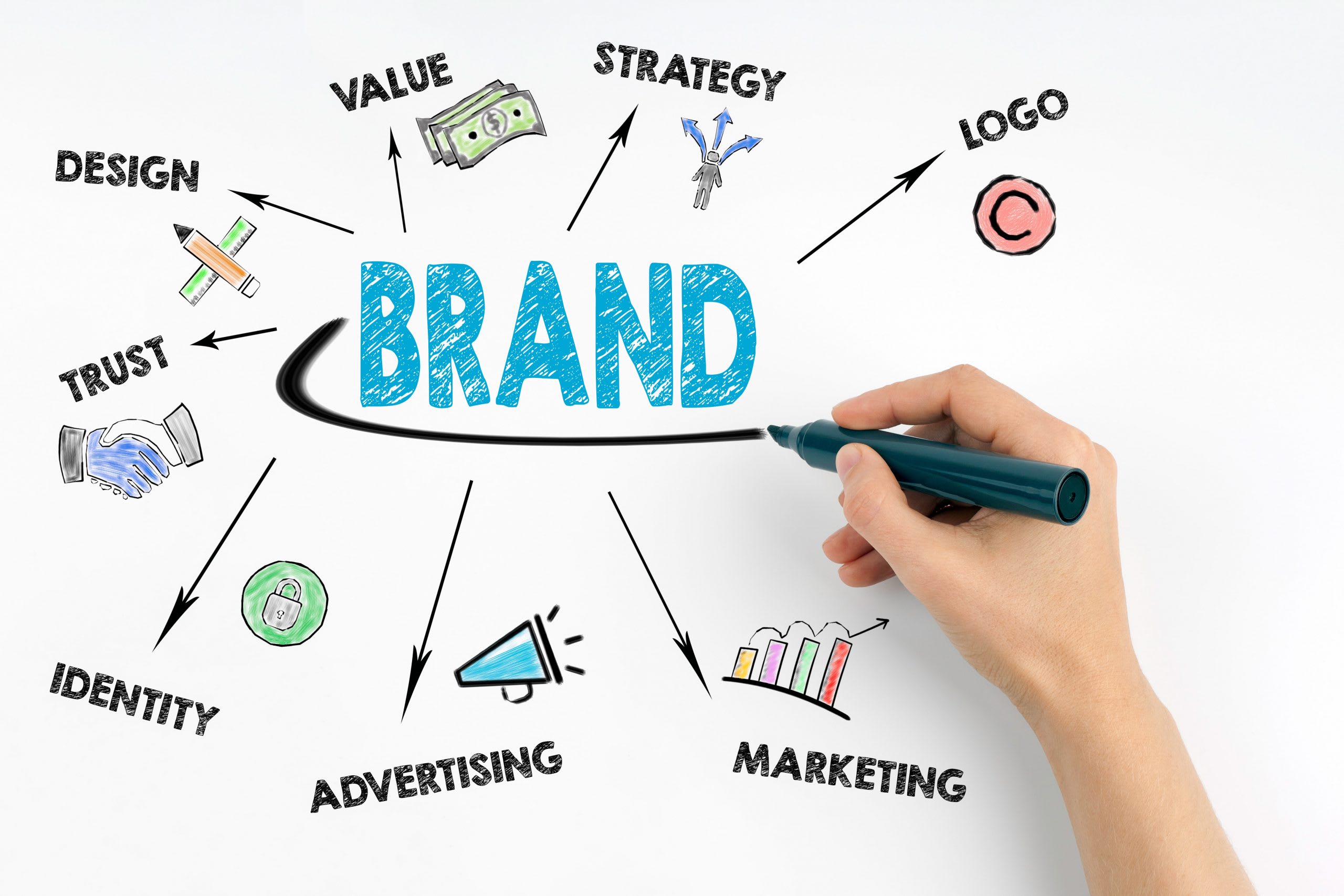
Direct interaction with your target audience
Unlike many other marketing channels, events allow for face-to-face interaction with the target audience. This engagement helps in building trust, understanding customer needs, and creating a memorable experience.
Lead generation and conversion
Events provide a fertile ground for lead generation. Attendees are often genuinely interested in the industry or product being showcased, making it easier to capture qualified leads. With effective follow-up strategies, these leads can be converted into customers.
Educational opportunities
Seminars, workshops, and presentations at events offer opportunities to educate the audience about industry trends, product features, and other relevant topics. This positions the business as an authority in its field.
Networking and relationship-building
Events are excellent networking platforms where businesses can connect with industry peers, partners, and potential clients. Building relationships in a more casual setting often leads to fruitful collaborations and business opportunities.
Product launch and demonstrations
Events provide a stage for businesses to launch new products or services, allowing them to create a buzz and showcase features through live demonstrations. This hands-on experience can significantly impact the audience's perception and willingness to adopt new offerings.
Market research

Events provide a stage for businesses to launch new products or services, allowing them to create a buzz and showcase features through live demonstrations. This hands-on experience can significantly impact the audience's perception and willingness to adopt new offerings.
Community building
Hosting or participating in events helps in building a community around a brand. Attendees often share their experiences on social media, contributing to word-of-mouth marketing and fostering a sense of community among customers.
Measurable results
Events can be carefully planned with specific goals in mind, making it easier to measure their success. Key performance indicators (KPIs) can include attendee engagement, lead generation, social media mentions, and more.
The difference between event marketing and other strategies
Event marketing vs. Digital marketing
While digital marketing relies on online channels such as social media, email, and search engines to reach a broad audience, event marketing takes a more personal and immersive approach. Digital marketing often involves reaching a large number of people simultaneously, whereas event marketing focuses on creating real-world, face-to-face interactions. Events provide a unique opportunity for attendees to engage with a brand on a deeper level, fostering a sense of connection that is often challenging to achieve through digital channels alone.
Event marketing vs. Content marketing
Content marketing involves creating and distributing valuable content to attract and engage a target audience. In contrast, event marketing brings this content to life through experiential activities.
While content marketing emphasizes storytelling and information dissemination, event marketing enables participants to experience the brand story in a more dynamic and memorable way. The two strategies can complement each other, with content leading up to an event generating excitement and post-event content extending the impact.
Event marketing vs. Traditional marketing
Traditional advertising, such as TV, radio, or print, typically involves one-way communication from the brand to the audience. Event marketing, on the other hand, fosters a two-way conversation.
Attendees actively participate, ask questions, and provide feedback, creating a more dynamic and engaging experience. Events allow brands to break through the noise of traditional advertising and establish a direct connection with their audience, leading to a more profound and lasting impact.
Event marketing vs. Public relations
Public relations focuses on managing a brand's reputation and maintaining positive relationships with the media and the public. Event marketing, while contributing to PR goals, is distinct in its emphasis on direct engagement.
PR might generate media coverage, but event marketing generates firsthand experiences. Events provide a platform for businesses to control their narrative, build relationships directly with stakeholders, and showcase their brand in a controlled environment.
Event marketing vs. Sales promotions
Sales promotions are designed to drive short-term sales through incentives like discounts or special offers. Event marketing, while capable of generating immediate sales, places a more significant emphasis on relationship-building and long-term brand loyalty. Events create an environment where attendees can experience the value of a product or service firsthand, leading to a more informed and emotionally connected purchasing decision.
How to Build an Event Marketing Strategy
Setting clear objectives for your event
Understanding and gauging the success of an event is just as crucial as the event itself. To maximize the impact of your event marketing strategies, it’s essential to establish the right goals and employ relevant key performance indicators (KPIs).
In our role as strategic event marketers, it is imperative to adhere to our goals and ensure alignment with the overarching objectives. Consider what you want attendees to take away from the event, and narrow it down to three key areas of focus, prioritizing them for clarity.
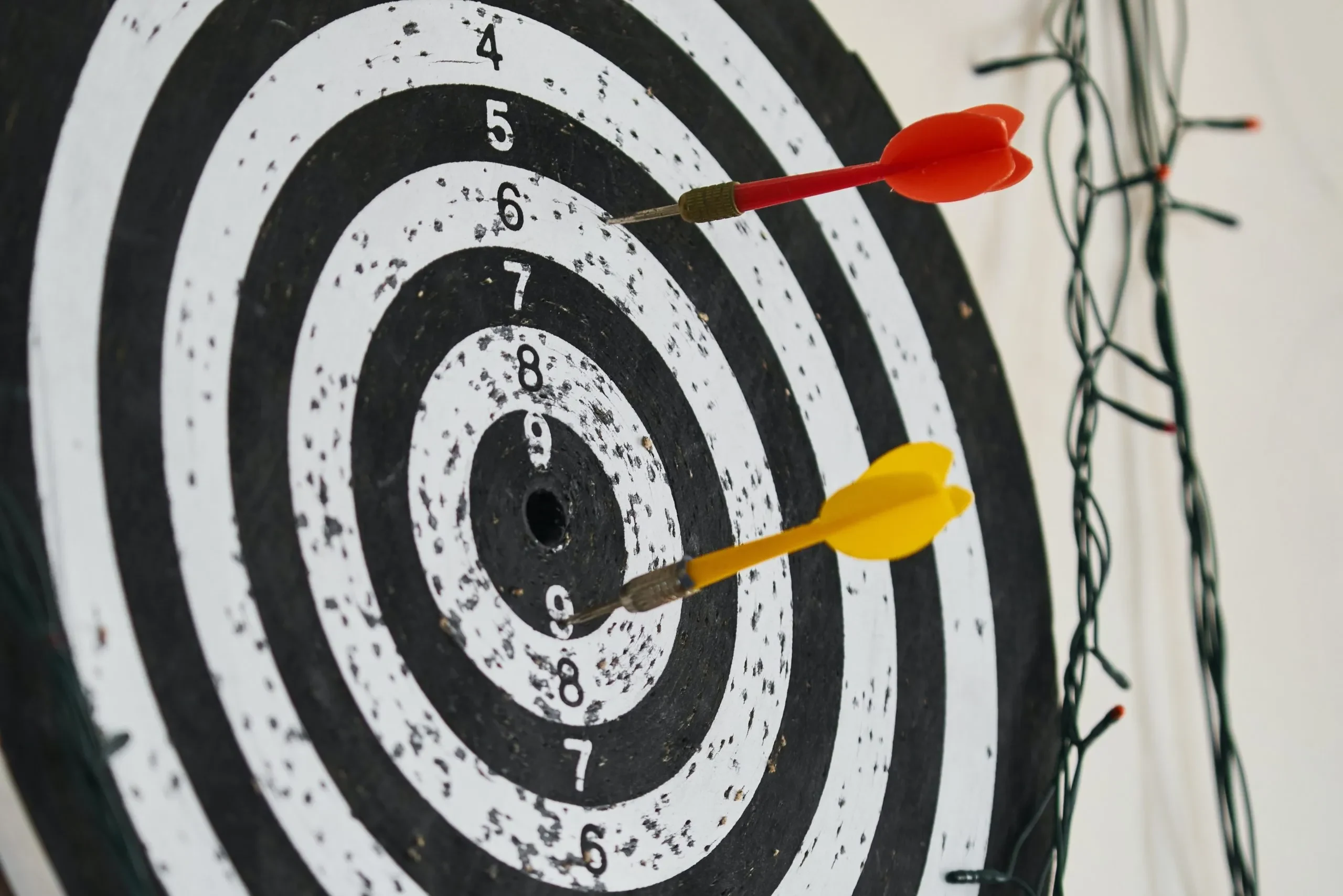
Embark on crafting your long-term goals using two effective frameworks for remarkable outcomes:
- SMART Goals: These are goals that are Specific, Measurable, Achievable, Relevant, and Timely.
- CLEAR Goals: Goals that are Collaborative, Limited, Emotional, Appreciable, and Refinable.
For instance, if you are hosting a webinar with the expectation of 500 attendees, aim for 250 RSVPs in the first two weeks. Subsequently, select relevant KPIs, such as the number of registrations, gross revenue, or attendee satisfaction, to effectively measure the success of your event. This approach ensures a friendly yet formal method of assessing and achieving your event objectives.
Identifying your target audience
To determine the intended audience for your event, you should consider: Who are you trying to reach? Answering this question becomes more accessible when you construct detailed buyer personas. These personas should encompass demographics, preferences, pain points, and motivations.
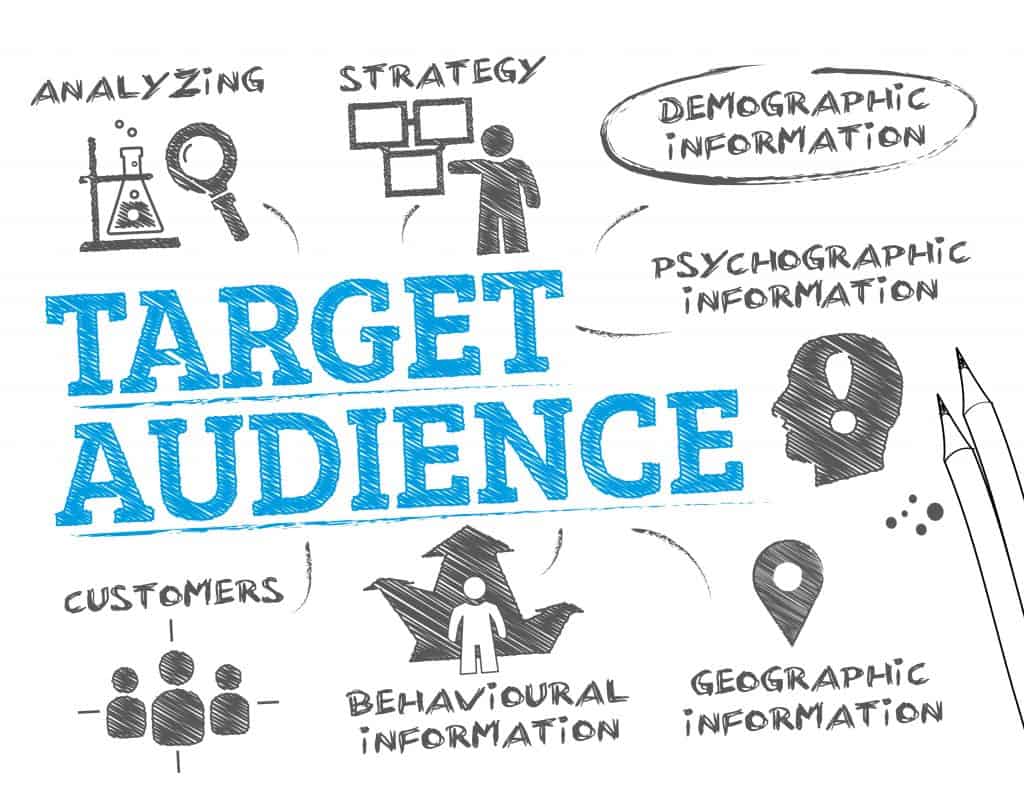
This meticulous approach facilitates a thorough understanding of your target audience. Once this clarity is achieved, you can refine your marketing approach and carefully select platforms. By doing so, you'll be better equipped to establish a meaningful and resonant connection with your intended audience.
Choosing the right type and format for your event
Making the decision to choose the appropriate event type is a critical factor that can significantly impact your success. The format of your event serves as the canvas where you paint your brand’s story, and it must resonate with both your goals and your audience. When selecting the right event type, it's important to consider the level of engagement required, the message you aim to convey, and the experience you want attendees to have.
For example, trade shows are perfect for showcasing products and networking with industry peers, providing face-to-face interactions and opportunities for business collaborations. Conferences, on the other hand, are ideal for thought leadership, in-depth discussions, and connecting with experts, establishing your brand as a knowledge hub.
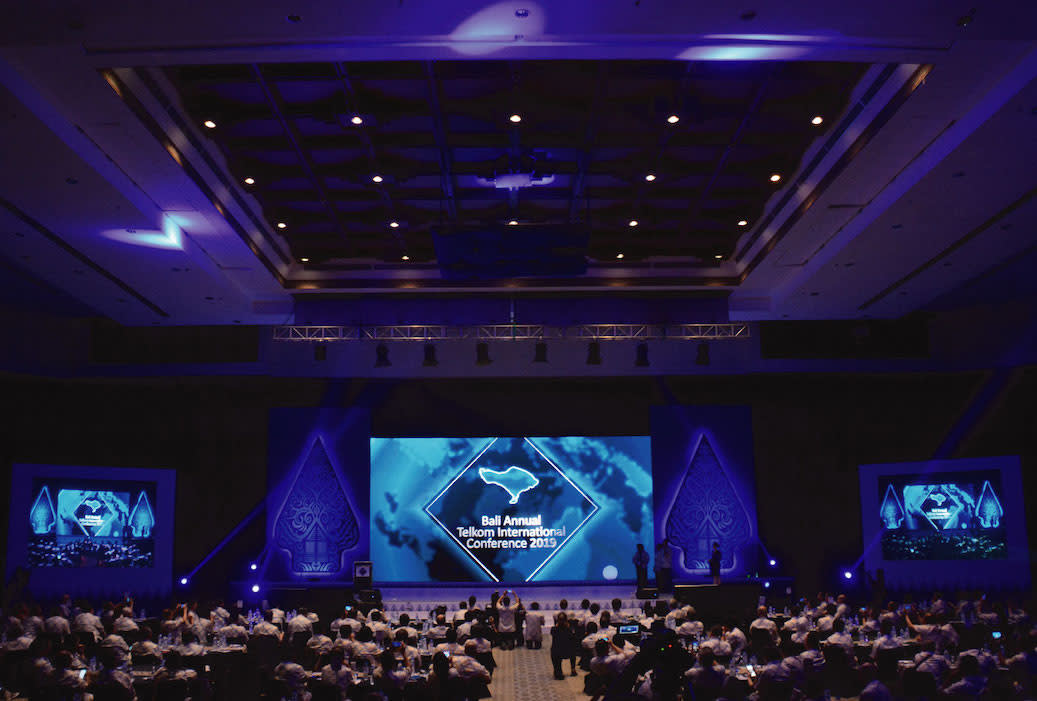
Webinars offer a great platform for sharing expertise remotely, educating your audience, and generating leads. They are cost-effective and have the potential to reach a broad online audience. Workshops and seminars, effective for skill-building and fostering direct interaction, are smaller-scale events that facilitate meaningful connections.
Virtual events emerge as a versatile option for engaging global audiences without physical constraints, allowing for the creation of creative digital experiences. By carefully choosing the event type that aligns with your objectives, you set the stage for a friendly yet formal approach to creating successful and impactful events.
Creating compelling content
Every brand has a unique story to tell. You can develop a storytelling strategy that aligns with your brand narrative and event goals. Plus, you can use compelling narratives to evoke emotions and create a memorable experience for attendees.
Moreover, you can utilize multiple formats. You can diversify your content by using various formats such as videos, infographics, presentations, and interactive elements. This not only caters to different learning styles but also keeps the audience engaged and excited.
Ensuring that your content adds value to attendees is important. The more valuable your content is, the more likely attendees will see your event as a worthwhile investment of their time. You can break the monopoly by incorporating interactive workshops and activities.
Post-event evaluation and analysis

Once the curtains have closed on your event, the real work begins with a comprehensive post-event evaluation and analysis. This phase is crucial for gleaning insights, measuring success, and refining strategies for future events. You should conduct post-event evaluation and analysis in event marketing by:
- Gather data and feedback: You can utilize attendee surveys, feedback forms, and analytics tools to gather information on attendee satisfaction, engagement levels, and key performance indicators (KPIs) like registration numbers, conversion rates, and revenue generated.
- Evaluate goal achievement: You should refer back to the goals you set before the event and assess how well they were met
- Assess attendee feedback: You’d better dive deep into attendee feedback to understand their experience and identify common themes or pain points mentioned in surveys and reviews
- Measure ROI: You can calculate the return on investment (ROI) by comparing the costs incurred against the benefits gained.
- Analyze engagement metrics: You should examine engagement metrics such as session attendance, booth visits, and social media interactions.
- Review marketing and promotion strategies: Remember to evaluate the effectiveness of your pre-event marketing and promotion strategies.
- Examine technology and logistics: If applicable, you should review the technology and logistics used during the event.
- Conduct team debriefings: Then, you should encourage open discussions about what worked well and what challenges were faced.
- Create a post-event report: You must compile all the data, insights, and findings into a comprehensive post-event report
- Implement improvements: You can use the data, insights, and findings into a comprehensive post-event report.
To initiate this approach and maintain a positive atmosphere, you can explore pop-up apps available on the Shopify App Store. Our Fordeer Sales Pop Up - Popups can assist you in implementing this strategy effectively, as they can work instantly with any app or theme. You can check it out!
In conclusion,
Event marketing is a dynamic and evolving strategy that requires careful planning, execution, and analysis. By following this comprehensive guide, you’ll be equipped with the knowledge and tools needed to make your events stand out, create meaningful connections with your audience, and achieve lasting success in your marketing efforts.
Follow the Fordeer Team for more useful updates!



